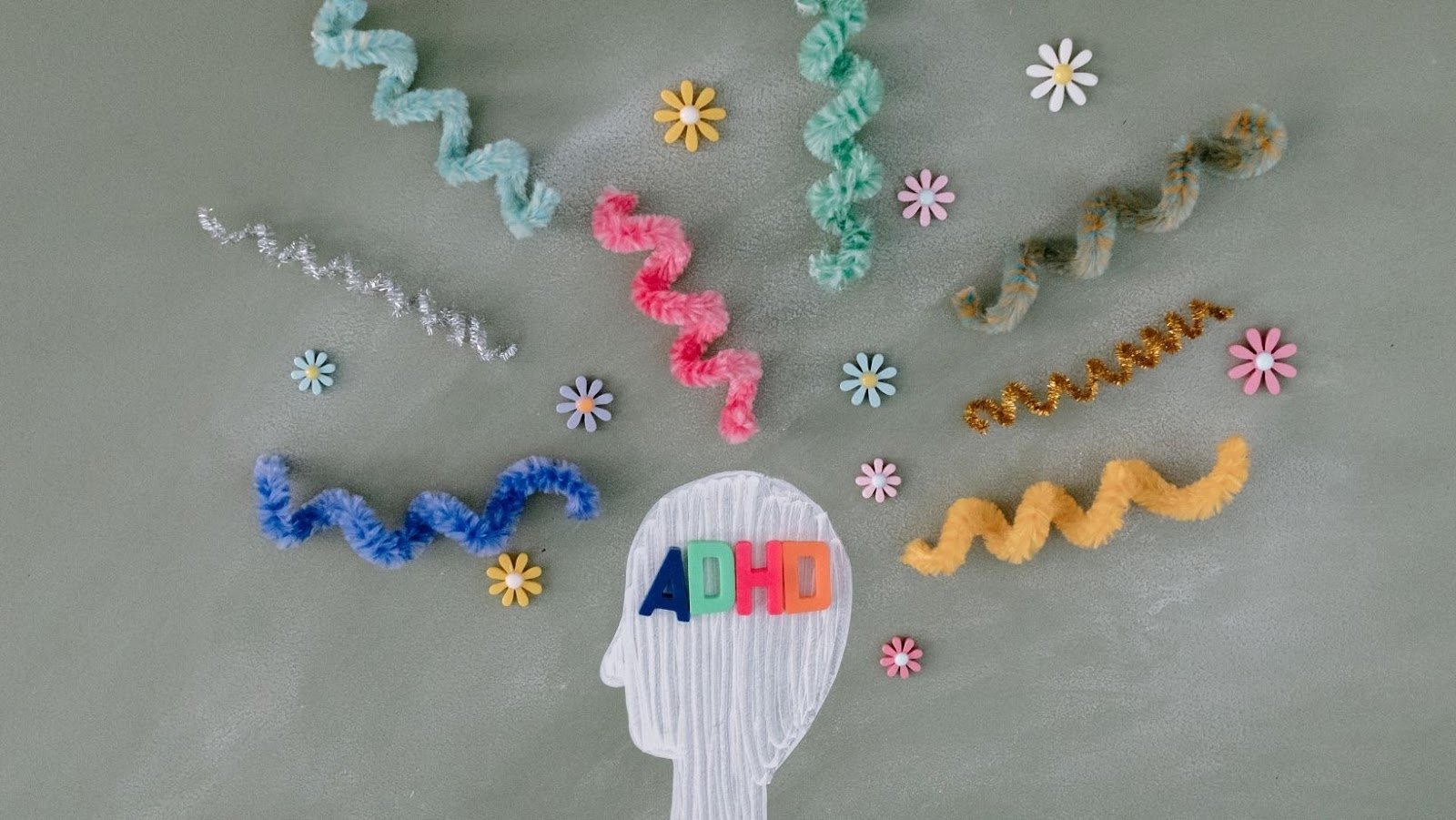Attention deficit hyperactivity disorder is one of the most common neurodevelopmental disorders. Usually, Farmers Branch ADHD is first diagnosed in childhood, but it can progress into adulthood.
A child with ADHD may seem restless, have trouble concentrating, and act without thinking of possible outcomes or consequences.
Usually, the symptoms of ADHD improve with age, but children diagnosed with this disorder may still experience problems in adult life.
Symptoms of ADHD
It is usual for children to go through phases where they are energetic, restless, and inattentive. However, a child with ADHD may not grow out of these behaviors; instead, the symptoms worsen and can cause problems at school, at home, or with friends. Children with ADHD might:
- Fidget or squirm
- Take unnecessary risks and make careless mistakes
- Talk too much
- Daydream a lot
- Lose things or forget a lot
- Easily get tempted
- Have difficulties getting along with peers
- Have trouble taking turn

Types of ADHD
There are three categories of ADHD; the one you may have depends on the symptoms you exhibit the strongest. Predominantly inattentive presentation. People with this type of attention deficit hyperactivity disorder have organizational problems.
“Usually, the symptoms of ADHD improve with age, but children diagnosed with this disorder may still experience problems in adult life.”
They may also find it hard to finish a task, follow instructions or conversations, or pay attention to details. It is easy for them to get distracted and forget details of daily routines.
Predominantly hyperactive-impulsive presentation. Children with this type of ADHD may find it hard to sit still for long, for instance, in class or for a meal. Smaller children may constantly be running, jumping, and climbing all over the place.

You may also notice that people with this disorder fidget or talk a lot and have trouble with impulsivity. An impulsive person may speak at an inappropriate time, interrupt others, and grab things from people.
It is hard for them to take turns or listen to directions. Impulsivity makes someone susceptible to more accidents and injuries than others.
The combined presentation features the symptoms of predominantly inattentive presentation and predominantly hyperactive-impulsive presentation.
What causes ADHD?
The causes of ADHD remain unknown, but the condition has been shown to run in families. In addition to genetics, other possible causes and risk factors of ADHD include:
- Low birth weight
- Premature delivery
- Smoking, drinking alcohol and abusing drugs while pregnant
- Brain injury
There is no substantial evidence that ADHD is caused by eating too much sugar, parenting styles, watching too much TV or environmental factors such as poverty. Although some of these things could worsen the symptoms, they are not the main causes of ADHD.

Diagnosing and treating ADHD
There is no single test to diagnose ADHD, so deciding if a child has ADHD involves various steps. Specialists recommend having a medical exam to rule out other problems such as depression, anxiety, and sleep problems that have ADHD symptoms.
Behavior therapy and medication are enough to treat attention deficit hyperactivity disorder most of the time. Behavior therapy training for parents is essential for preschool-aged children (four to five years) as the first line of treatment before trying medication.
If you have further questions about ADHD, consult your Redwood Family Health Center specialist.










































































































